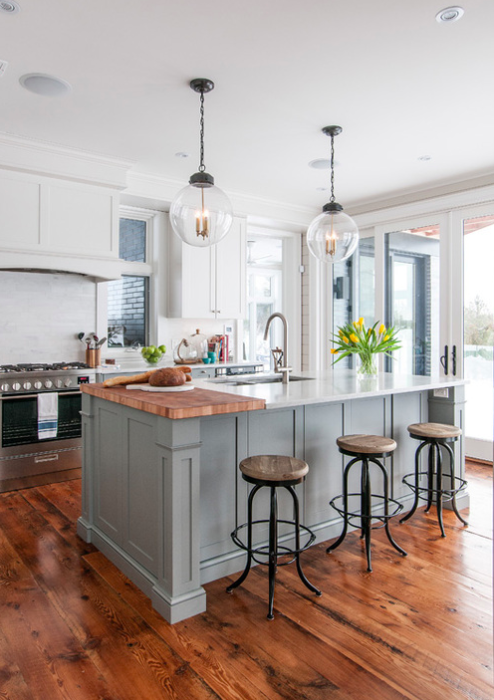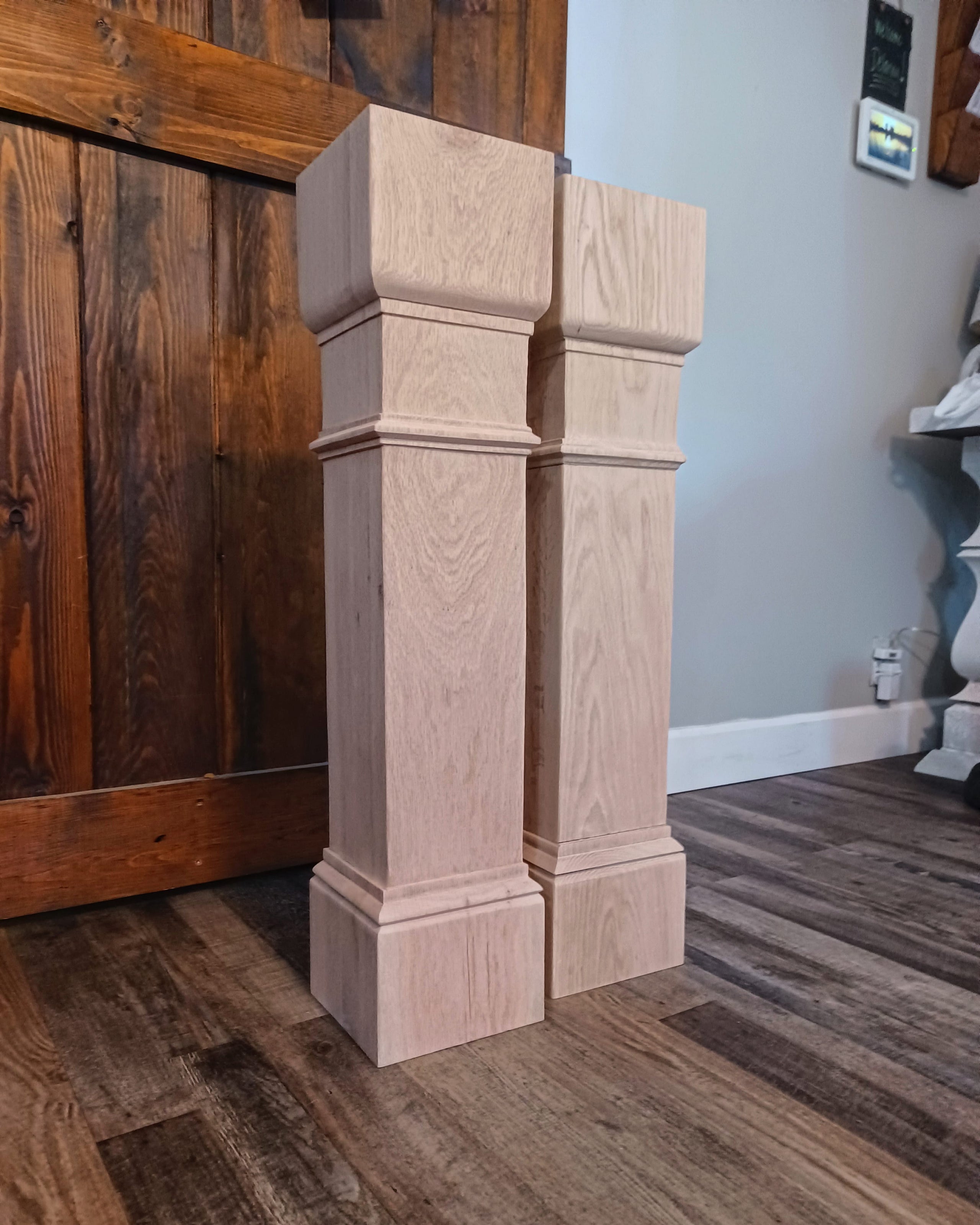Transform Any Kind Of Kitchen Space with Attractive Legs For Kitchen Island Choices
Transform Any Kind Of Kitchen Space with Attractive Legs For Kitchen Island Choices
Blog Article
An Overview to Selecting the Perfect Legs For Kitchen Area Island for Your Home
Selecting the optimal legs for your kitchen island is a nuanced choice that impacts both the capability and visual charm of this central space. Factors such as height, materials, and design play a critical function in balancing your island with the total kitchen area style. Furthermore, recognizing the relevance of stability and upkeep can considerably affect your choice. As you think about these elements, it comes to be noticeable that the ideal legs can change not only the look of your cooking area however also its usability for many years to come. What details functions should you focus on in this selection process?

Understanding Kitchen Island Legs
When choosing legs for a cooking area island, it's vital to comprehend their useful and visual functions in the general style. The legs work as an important support group, making certain stability and sturdiness for the island, which usually works as a work space, eating location, or collecting spot. Consequently, the option of product and building method need to be durable adequate to withstand day-to-day use and prospective wear.
In addition to their architectural responsibilities, legs contribute dramatically to the island's aesthetic appeal. They can improve the kitchen area's design, whether with typical, modern, or eclectic styles. The elevation and proportion of the legs are additionally essential factors to consider; they should harmonize with the island's counter top elevation while making sure comfy seating for those using the room.
Additionally, the leg design can affect the overall flow of the cooking area. Open, airy leg styles can create a sense of lightness, while strong, substantial legs may communicate a much more grounded and secure visual - Legs For Kitchen Island. Recognizing these practical and aesthetic facets will guide property owners in making notified options that complement their kitchen area's design and boost its use
Popular Styles and Materials
The selection of legs for a kitchen area island encompasses a selection of preferred designs and products, each offering special attributes that can enhance both capability and aesthetic appeals. Typical legs normally show ornate details and craftsmanship, boosting traditional cooking area designs.

Elevation and Security Factors To Consider

Security is one more important consideration. The legs of the kitchen area island must offer ample assistance, ensuring that the framework can endure daily usage without wobbling or moving. Material option plays a considerable duty in stability; steel legs, for example, often tend to provide better stamina contrasted to wood. In addition, guaranteeing that the island is firmly anchored to the flooring or wall surface can enhance security, particularly for larger islands that might bear substantial weight.
Matching Your Kitchen Aesthetic
Selecting the best legs for your kitchen island goes beyond functionality; it also plays a significant role in the overall aesthetic of the space (Legs For Kitchen Island). When choosing legs, think about the layout style of your kitchen.
Legs that match or contrast with your island's surface area and surrounding cabinetry can develop visual consistency or striking focal factors. Additionally, consider the surface of the legs; matte, glossy, or distinctive surfaces can significantly influence the general feeling of the kitchen area.
Installation and Upkeep Tips
Setting up kitchen area island legs requires careful interest to detail to ensure both security and aesthetic appeal. Utilize a stud finder to find wall surface studs if you are attaching the legs to a wall or using braces for added support.
When safeguarding the legs, use high-grade screws and, if required, timber adhesive for additional strength. For metal legs, make sure that you are making use of suitable anchors and devices to stop damage to your flooring. It is a good idea to examine for levelness after installation, making adjustments as needed to prevent tottering.
Upkeep is just as important for durability - Legs For Kitchen Island. Consistently check the legs for any signs of wear or loosening, especially in high-traffic areas. Tidy the legs with a suitable cleaner, avoiding abrasive materials that might damage the surface area. For wooden legs, take into consideration applying a wood conditioner periodically to keep websites their finish. By complying with these installment and upkeep ideas, you can ensure that your kitchen area island legs remain both visually attractive and functional.
Verdict
Finally, choosing the suitable legs for a cooking area island necessitates cautious consideration of height, stability, and aesthetic compatibility. By choosing suitable products and designs that line up with the total kitchen area layout, performance can be improved while maintaining aesthetic appeal. Correct installation and continuous maintenance even more add to browse around this site the toughness and longevity of the kitchen area island. Eventually, thoughtful leg option plays an essential function in raising both the usefulness and style of the kitchen area area.
When picking legs for a cooking area island, it's crucial to recognize their aesthetic and functional roles in the overall layout. Open, ventilated leg styles can create a feeling of agility, while solid, considerable legs might share a more based and steady visual. The legs of the cooking area island need to offer sufficient support, making certain that the structure can stand up to daily usage without shifting or wobbling.Setting up kitchen island legs calls for cautious focus to detail to guarantee both stability and visual allure.In verdict, selecting right here the ideal legs for a cooking area island requires mindful consideration of height, security, and aesthetic compatibility.
Report this page